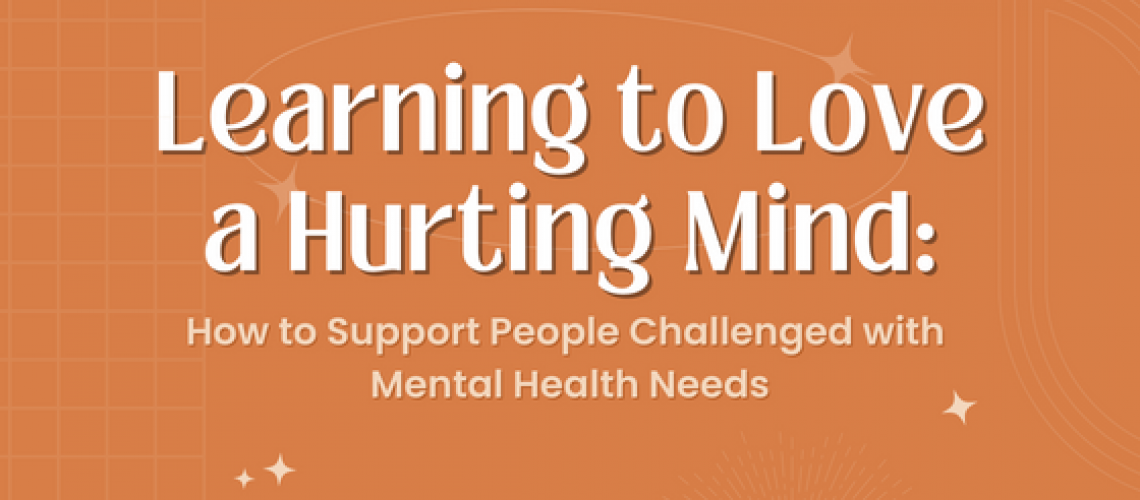There are three major factors or influences attributed to causing or exacerbating mental illnesses that researchers have identified: psychological factors, social and environment factors, and biological factors.
First, psychological factors typically encompass early adverse experiences. These include but are not limited to abuse, neglect, abandonment, early loss, assault, or any major trauma that is out of the ordinary for a developing mind to experience. However, trauma caused later in life can have the same amount of impact and cause just as much emotional and psychological turmoil as trauma in childhood. Individuals or victims of trauma often tell themselves that speaking of or openly acknowledging the event(s) would only bring shame and ridicule which leads to them bottling it up and developing serious challenges with negative, cyclical thought patterns. Any of these psychological factors can alter brain chemistry or how a person socially interacts, effectively throwing off the natural rhythms of an individual’s well-being.
Next, examples of social and environmental factors include an individual’s immediate surroundings. These could manifest as a dysfunctional home life, the strength of a support network (or lack thereof), if there are chemical toxins in the air, and events that occur in conjunction with the mental health challenge. An example of this would be a chronic medical condition such as cancer combined with depression. Peer pressure and societal expectations also can cause and exacerbate mental health challenges and substance control. Sometimes a struggle with religion and religious beliefs can overwhelm an individual and make addressing their mental health even more difficult. These make it far more difficult to address mental health needs in a healthy manner due to how they disrupt typical, healthy functioning.
Finally, biological factors are the genetic factors that are outside of our control. It could be a malfunctioning gene or inherited genetic trait, the result of brain damage from any stage of life, or a chemical imbalance caused by genetic code. Sometimes people inherit a predisposition towards a certain mental illness or substance habit if their parents also possess that illness or habit (which plays in the environmental category as well).
With all this information, it is wise to remember that the persistence of a mental health challenge is almost always a combination of two or more of these causes. Since living with mental health needs is so isolating, it is crucial that someone external to themselves shows the individual that they can open up about what they are dealing with, how it started, and how to move forward. When an individual recognizes (consciously or unconsciously) that someone is present with them and is understanding what they are experiencing, it becomes much easier to be vulnerable. When people are vulnerable and honest, it becomes easier to provide support and show love to the sufferer.
This is why I emphasize learning about things that cause challenges. Knowing about them, acknowledging them, and being willing to talk about them will destigmatize them, which in turn will provide a space to begin or continue a healing process. Knowledge is power, and it is also the foundation for providing empathy.
So, again I ask, where can you empathize? Where can you say, ‘I recognize this challenge, this fight, and I want to help strengthen you?’
As a note: Please do not use this post in any other way than as a springboard into more research.
– Maria Lotti, YES Intern




